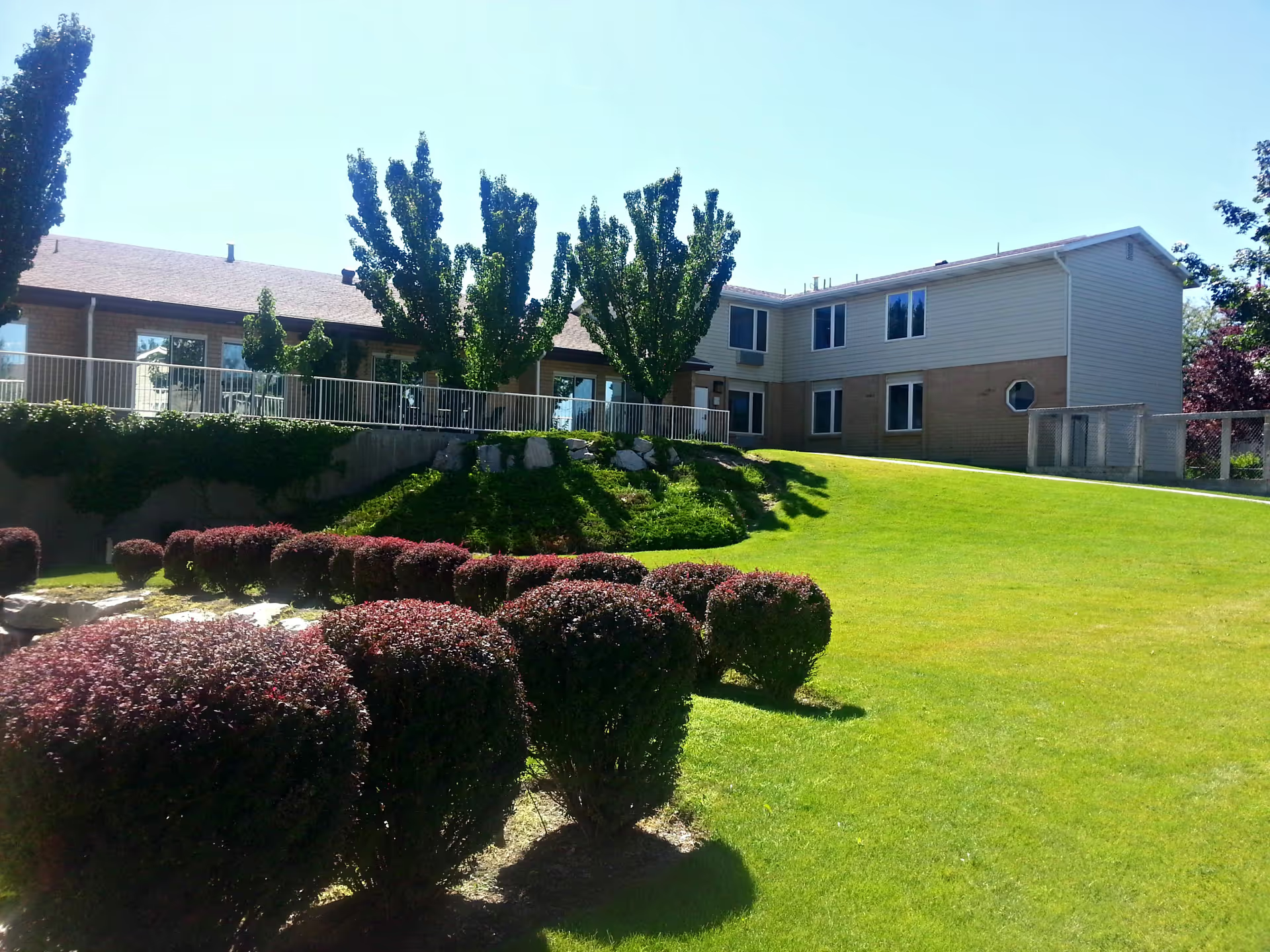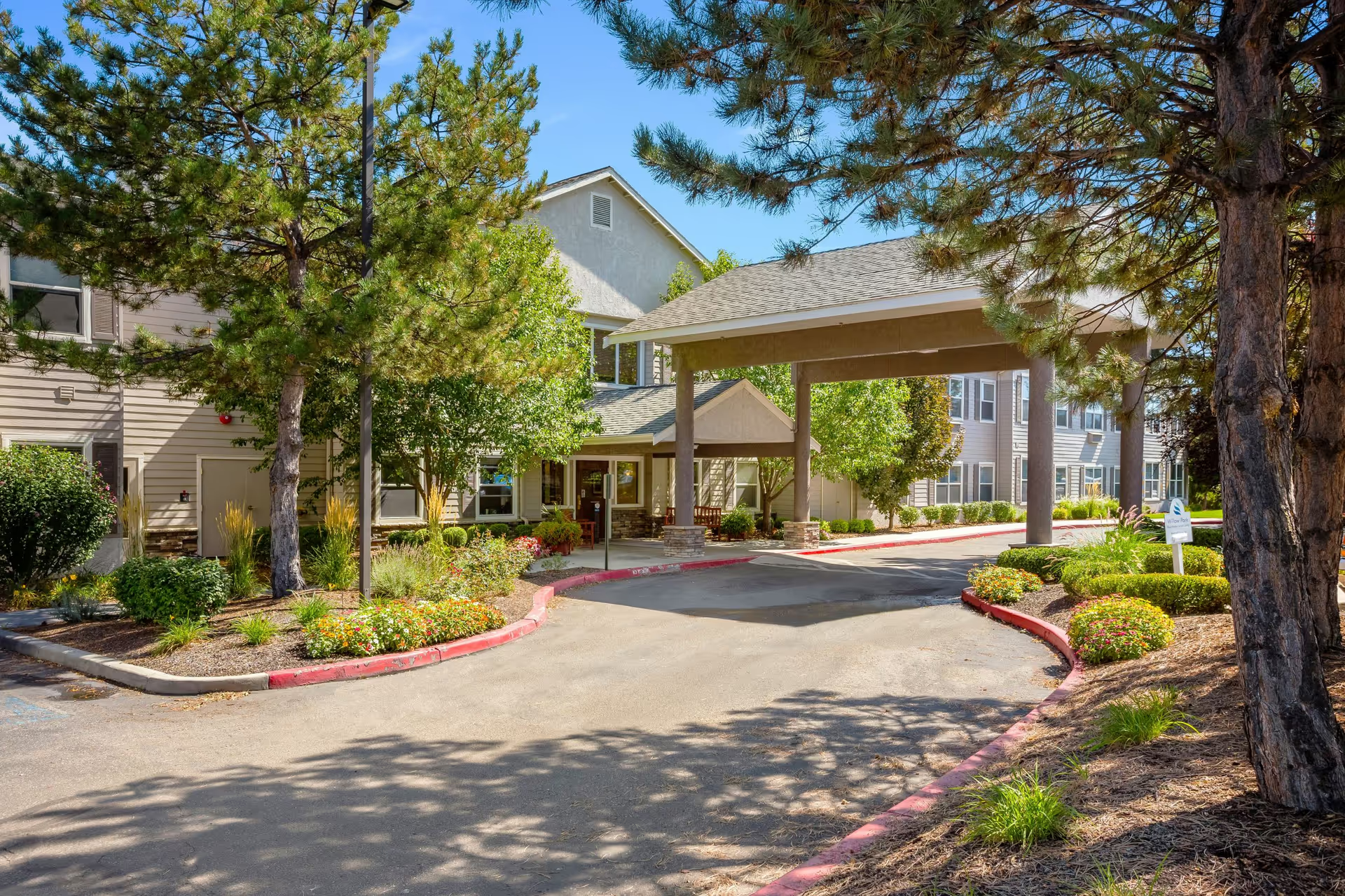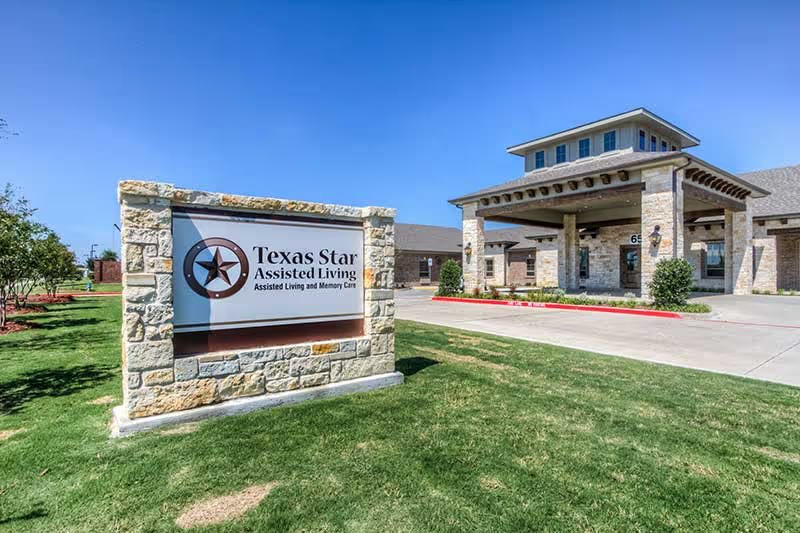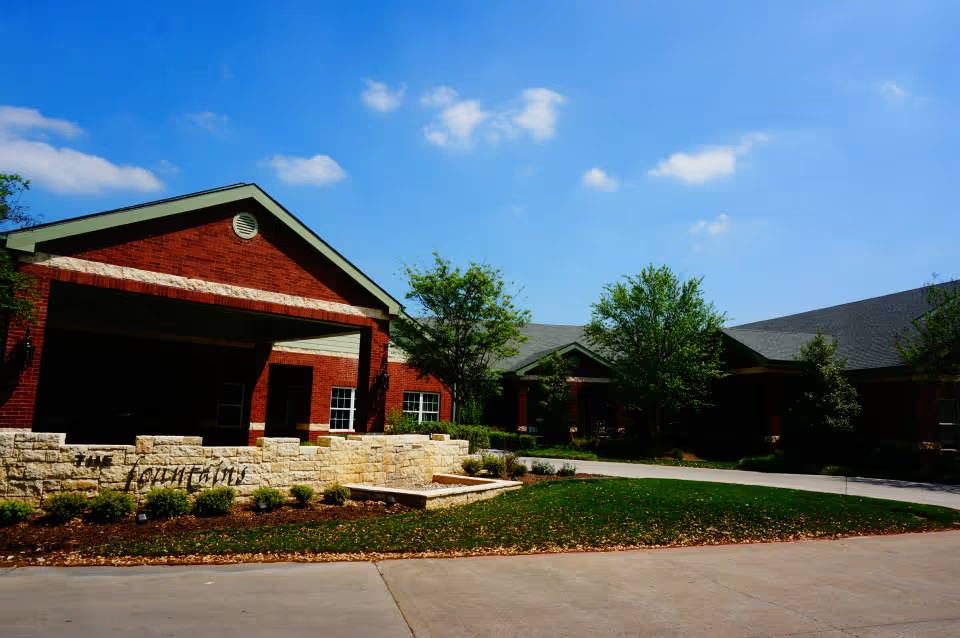Overall sentiment in the provided reviews is mixed: strong positive comments about the physical environment and resident care are contrasted sharply with repeated and serious criticisms of workplace culture and management practices. Multiple reviewers emphasize that the facility is clean, gives a good first impression, and appears to provide appropriate hands-on care for residents. At the same time, there are recurrent, specific allegations about internal staff dynamics and leadership behavior that create a markedly negative view of the work environment.
Care quality and facilities: Reviews consistently praise the basic quality of care and the facility's cleanliness. Phrases like "well taken care of patients" and "clean, good impression" indicate that residents' day-to-day needs are being met and that the building and grounds are maintained. The centralized location is noted as a convenience, and reviewers point out there is enough property to support safe outdoor activities for residents, which is a positive for mobility and engagement. There is no specific information in these summaries about dining quality, medical specialties, or therapy services; only the general cleanliness, care, and outdoor space are mentioned.
Staff and workplace culture: The strongest negative theme is around staff morale and interpersonal dynamics. Reviews repeatedly refer to a "toxic work environment," describing staff cliques, favoritism, gossip, and ongoing drama. Several specific complaints indicate that these dynamics are not isolated incidents but entrenched patterns: mentions of "staff cliques/favorites," "drama among staff," and "gossip" suggest a workplace where collaboration and professional communication are strained. One reviewer notes "Don quit," signaling at least one notable staff departure; another reports punitive action against a traveler who accepted higher pay elsewhere. The presence of such departures and disciplinary claims raises concern about retention and the potential for disruptions in continuity of care.
Management and leadership: Reviewers characterize management as unprofessional and suggest that leadership contributes to the poor workplace climate. Specific allegations include threats of firing tied to interpersonal relationships ("threat of firing for not getting along") and punitive firings related to pay decisions. These are serious concerns because they reflect management practices that could undermine staff trust, morale, and the ability to recruit and retain qualified personnel. When leadership is perceived as punitive or favoritistic, it can indirectly affect resident care through higher turnover, lower staff engagement, and reduced teamwork.
Operations, safety, and guest experience: Operationally, the summaries note sufficient staffing for resident care generally, but they also call out a staffing limitation at the front entrance. "Limited front entrance staffing" could affect visitor check-in, security, and first impressions despite the facility otherwise being clean and centrally located. The combination of adequate caregiving staff but strained leadership and interpersonal problems suggests a facility that functions in terms of resident care but may be vulnerable to operational stress if staffing disruptions continue.
Notable patterns and implications: The consistent split between positive resident-facing attributes (cleanliness, decent staffing, friendly/efficient workforce) and negative internal culture (toxic environment, favoritism, unprofessional management) is the main pattern. This dichotomy implies that while current care standards appear acceptable, the reported workplace issues pose a risk to long-term stability and quality. High-profile departures and allegations of punitive management behavior are red flags that may lead to turnover, which could eventually affect resident experience unless addressed.
In summary, prospective residents and families can expect a clean, well-kept facility with adequate staffing and safe outdoor space. However, prospective employees and stakeholders should be aware of persistent reports of a toxic culture and problematic management practices. The reviews suggest a need for leadership intervention to address favoritism, gossip, and the handling of interpersonal conflicts so that the positive elements of resident care and facility maintenance can be preserved and strengthened over time.







